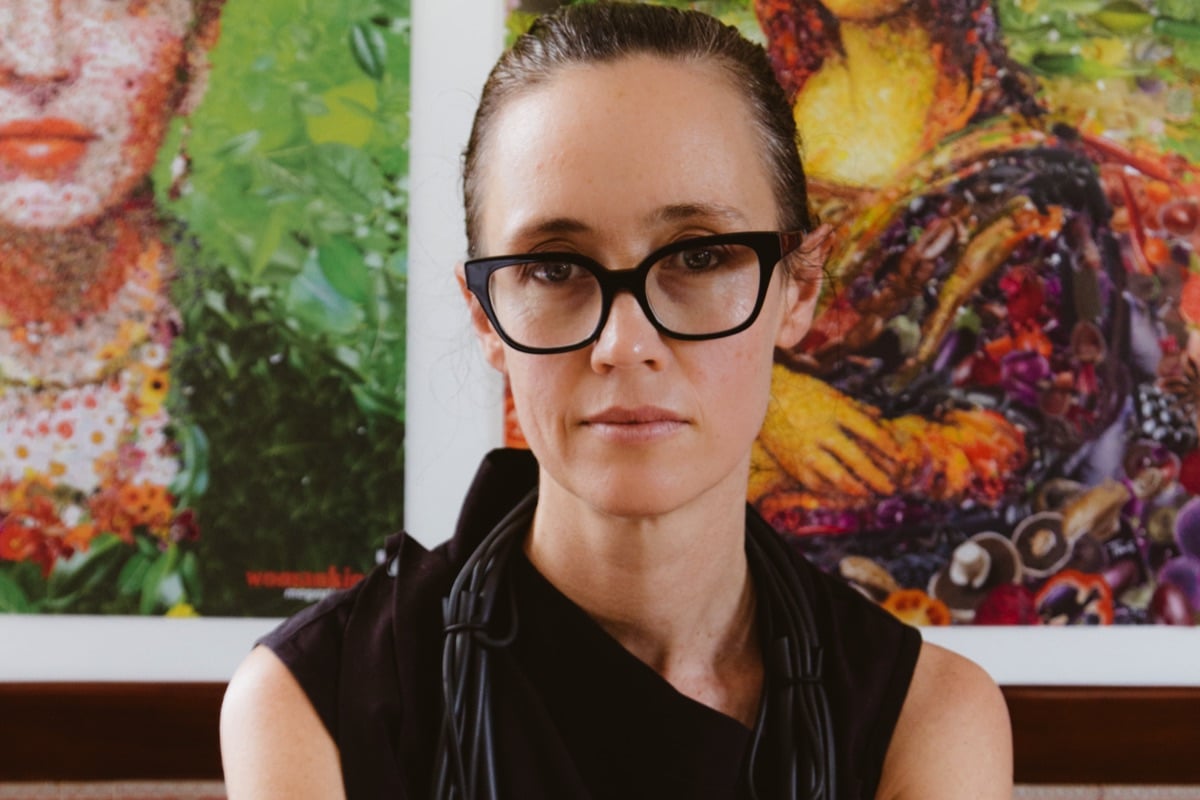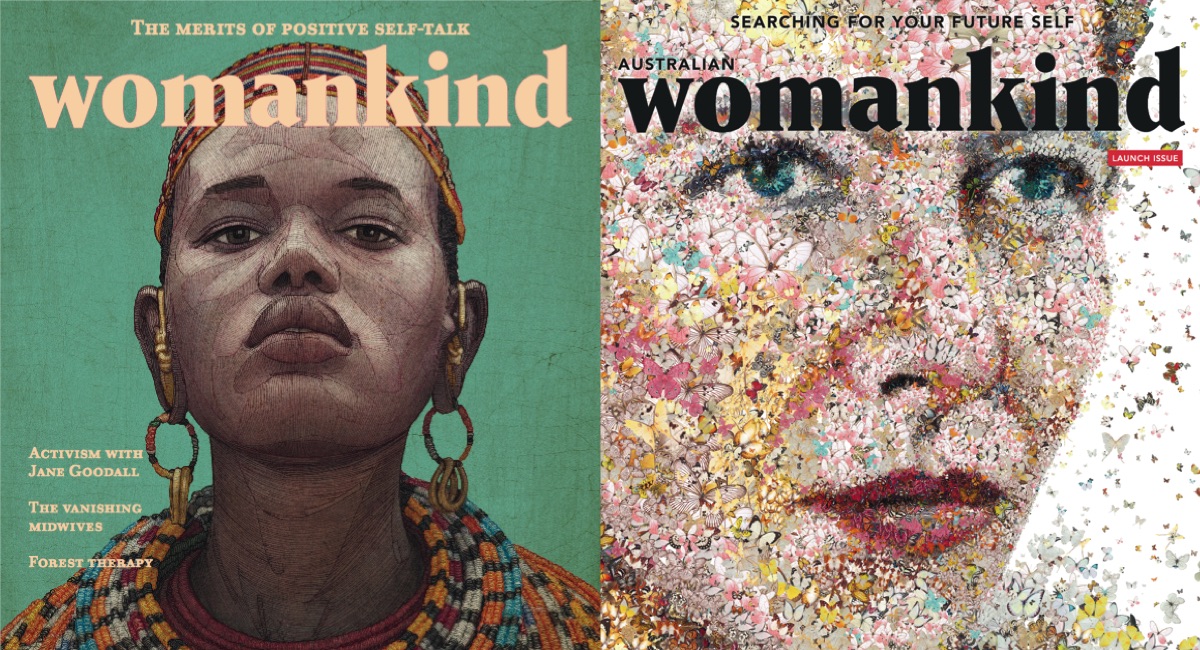The quarterly Womankind magazine is one of the few ad-free women’s magazines currently on stands in Australia.
Womankind is published by Poet Press and editor Antonia Case told Mediaweek it is funded by sales of Poet’s organic tea as well as by copy sales and subscriptions.
“Have we ever thought about including advertising? Of course. You can make very good money from that. A lot of advertisers have approached us. They are interested in being associated with the brand of Womankind. Our audience is quite educated and well travelled. They care about the environment and the world as well.”
Having advertising on the pages of Womankind “would make life easier from a business sense”, Case admitted. However, not having ads makes the team work harder to deliver a quality product that the readers enjoy and keep.
“Because we are only funded through sales, the publication has to be beautiful, poignant and relevant,” she said.

Antonia Case
With readership numbers declining for many print products in Australia, the outlook for the industry is full of doom and gloom. However, in such an environment, Womankind will be entering another international market next month. The magazine will be distributed in Korea and will be translated into the local language to cater to the market’s demand. Womankind is currently distributed in 26 countries around the world including Australia, UK, New Zealand, Hong Kong, Singapore and Canada. It has a global readership of more than 50,000, Case revealed.
She said: “We have been hearing about the doom and gloom of the print industry since we started [2014], but we haven’t seen that at all. Potentially what we are seeing is the death of novels and fiction. People don’t have enough time to read long books.
“We are attracting people who have moved from reading long journals and books to reading more succinct stories that are well researched on things that they are interested in such as politics or environment.”
Case is more than happy for Womankind to be classified as a niche title. According to her, this is what has helped the brand build a loyal community of consumers. “These are the readers that weren’t catered for elsewhere in the magazine world.”
Womankind is produced in Australia, but has a global flavour. Each issue of the magazine focuses on a different country and tells the stories of the women who live there. The latest edition of the magazine focused on Turkey.
Case said: “We hear from the everyday women living in these countries. We hear about their challenges, successes and the turmoils of existence. We find a common link, which is what is really nice about Womankind. You read about these women and you can say, ‘Oh! I’ve faced that’ or ‘I share that’. It’s amazing how much we all share. We have similar challenges as women. We are really not that different at all.”
Womankind makes a point of not featuring celebrities on its covers. “We cover the everyday women,” Case said. “We don’t cover those people who are covered elsewhere in magazines – not that it’s bad thing.”
Something that is unique about the Womankind cover is the kind of illustrations it consistently uses. “That’s more because of my love for illustration and arts in general,” Case said. [Laughs] “With a photograph, it’s usually a photograph of someone in particular. With Womankind, we are a magazine for everyone. So we don’t want anyone dominating. That is why I prefer to have illustrated covers.”
Womankind recently moved its publishing operations to Hobart. It is using Tasmania as a testing ground for events. It has been holding philosophy talks in the past few months as a way for the readers of Womankind to come together. “We are hoping to do it more broadly [in the future],” Case said. Poet Press, which is the publisher of Womankind, is also the home of the New Philosopher magazine. Both magazines cover stories to do with psychology and philosophy, Case pointed out. Therefore, Womankind and its publisher will be approaching future events from a “philosophical angle”.
“A big motivator for us is to share information that makes women happier,” Case said.
—
This is an excerpt of the full article, which appears in the latest issue of Mediaweek magazine.
Mediaweek has been covering the Australian media industry every week for over 27 years – all for an annual price of less than one conference.
We continue to rely on subscription revenue to support our independence. Subscribe here.
